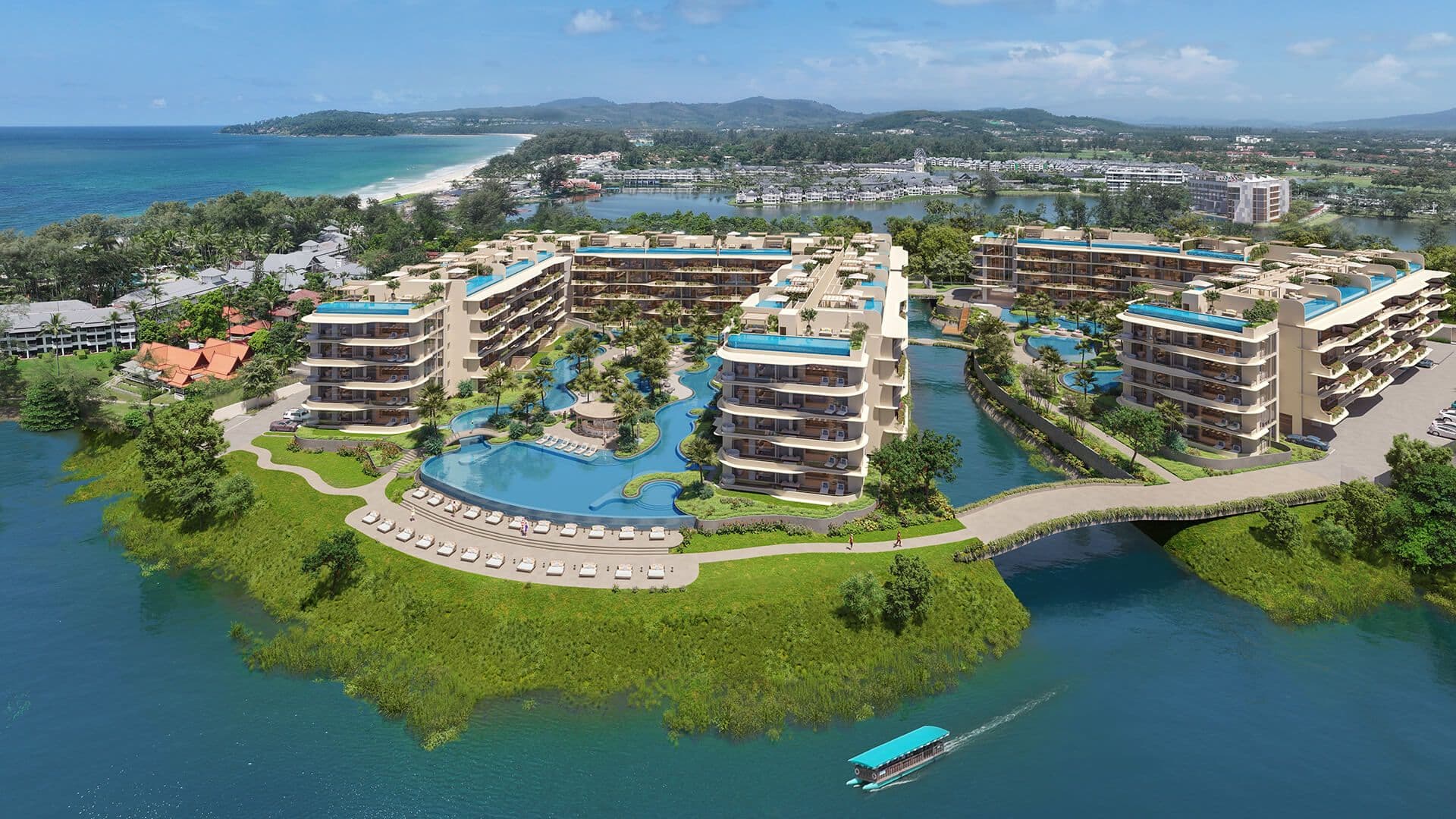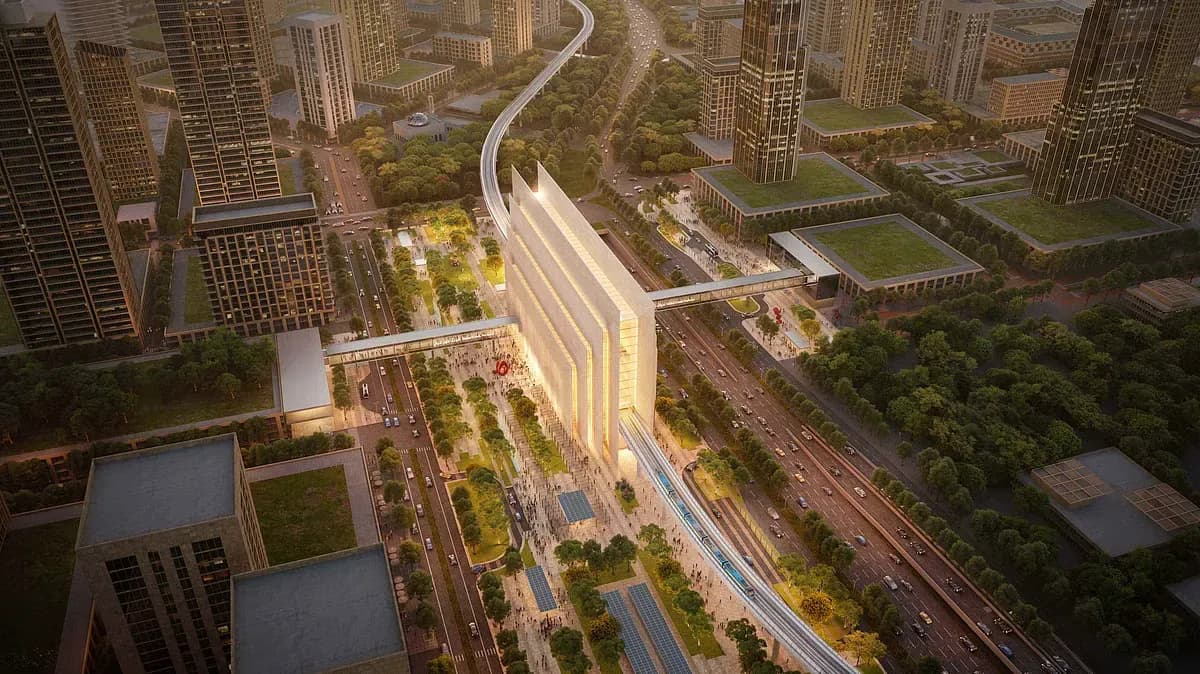Investment Backed by Public and Private Partnership
The financing of the stadium represents one of the largest public-private partnerships in Tennessee’s history. The Titans will contribute $840 million, while the state has committed $500 million in funding. The remaining balance will be covered by revenue bonds issued by the Metro Sports Authority, which will be repaid over time using stadium-generated taxes, personal seat license (PSL) sales, and a newly introduced 1% hotel tax.
This financial model is expected to limit the burden on taxpayers while ensuring the stadium operates as a profitable, self-sustaining asset for the city.
A Key Part of Nashville’s East Bank Vision
Strategically located adjacent to the current Nissan Stadium, the new facility is more than just a sports venue. It’s the centerpiece of a transformative urban development along the Cumberland River known as the East Bank Master Plan. The broader plan includes new parks, pedestrian zones, residential and commercial districts, and cultural amenities.
Once the new stadium is completed, the current stadium will be demolished, clearing the way for a walkable, mixed-use waterfront neighborhood that prioritizes connectivity, sustainability, and economic vibrancy.





